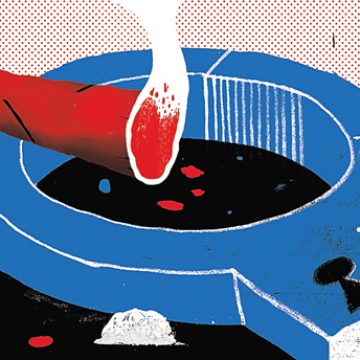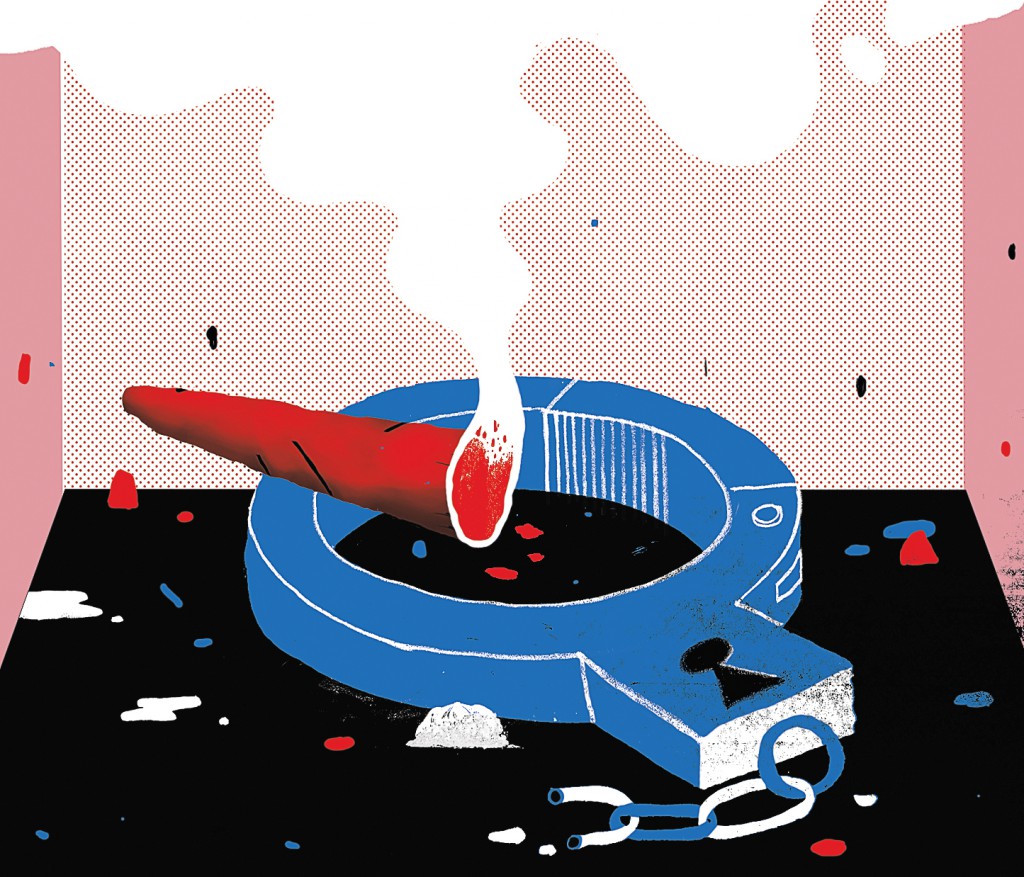The federal government is deeply attached to its “tough on crime” agenda. Prime Minister Stephen Harper’s Conservatives have made major changes to criminal law, largely through omnibus legislation. One of their main targets? Weed. They’ve introduced harsher sentences for drug production, despite strong evidence that criminal sanctions have little to no impact on marijuana use. And to the increasing calls to legalize marijuana? Harper’s response: “It will not happen under our government.”
What the prime minister should know is that he can get tougher on crime by decriminalizing marijuana. If Conservatives are serious about tackling crime, they must stop wasting resources on policing marijuana use through criminal law.
More than 26,000 people in Canada were charged with marijuana possession in 2012. This is an enormous cost for the criminal justice system, from the police time involved in processing charges to the clogging of courthouse dockets, overloading of duty counsel and putting stress on legal aid offices. This over-burdening occasionally results in serious charges being stayed because of the length of time they take to get to trial. Staying charges that do not make it to trial in a reasonable amount of time is just and in keeping with the Constitution. But how can the government claim to be tough on crime when charges like murder and sexual assault are tossed because of a bull-headed adherence to an outdated and ill-informed law?
The cost of the war on marijuana is staggering, and it’s time to start asking ourselves what the point is, exactly.
Attitudes toward marijuana use and possession are changing. Politicians of the famous (Justin Trudeau) and infamous (Rob Ford) variety have admitted to smoking marijuana and still have viable political careers (in some cases, astoundingly).
Even law enforcement officials are on board to decriminalize pot. In the summer of 2013, the Canadian Association of Chiefs of Police asked the government to allow police to issue a ticket rather than lay a charge when they find a citizen carrying less than 30 grams of marijuana. This decriminalization (not legalization) would allow the Conservatives to maintain their position that marijuana should be illegal, while addressing some of the costly consequences of the current criminal regime.
There is hope for change. Justice Minister Peter MacKay is considering tabling legislation that would grant the request made by police chiefs. Although he insists possession would still be a crime, new legislation could give police more discretion on how to deal with people found with small amounts of pot.
MacKay says the government is still ironing out the details of the ticketing approach. What’s the hold up? The ticketing system could easily be modelled after the way we regulate speeding. Marijuana possession would result in fines but no criminal record and offenders, like those caught speeding, would have three options: admit guilt and pay a fine, discuss a resolution with a prosecutor or go to trial. Justices of the peace could preside over the trials. Existing municipal prosecutors could be subcontracted out to the federal government, or paralegals could be hired specifically to fill the role at a much-reduced cost compared to federal Crown attorneys.
While this option doesn’t address all the consequences of the illegality of marijuana, it does allow the Harper government to maintain its tough-guy image while addressing the most serious issues. There are surely better solutions out there (hello, Colorado), but this would be a small, conservative step in the right direction.
Amelia R. Martin is a solo criminal defence lawyer and former per diem Crown attorney and provincial prosecutor. Though not a card-carrying member of any party, she has seen first-hand the toll of pot policing on the justice system.



